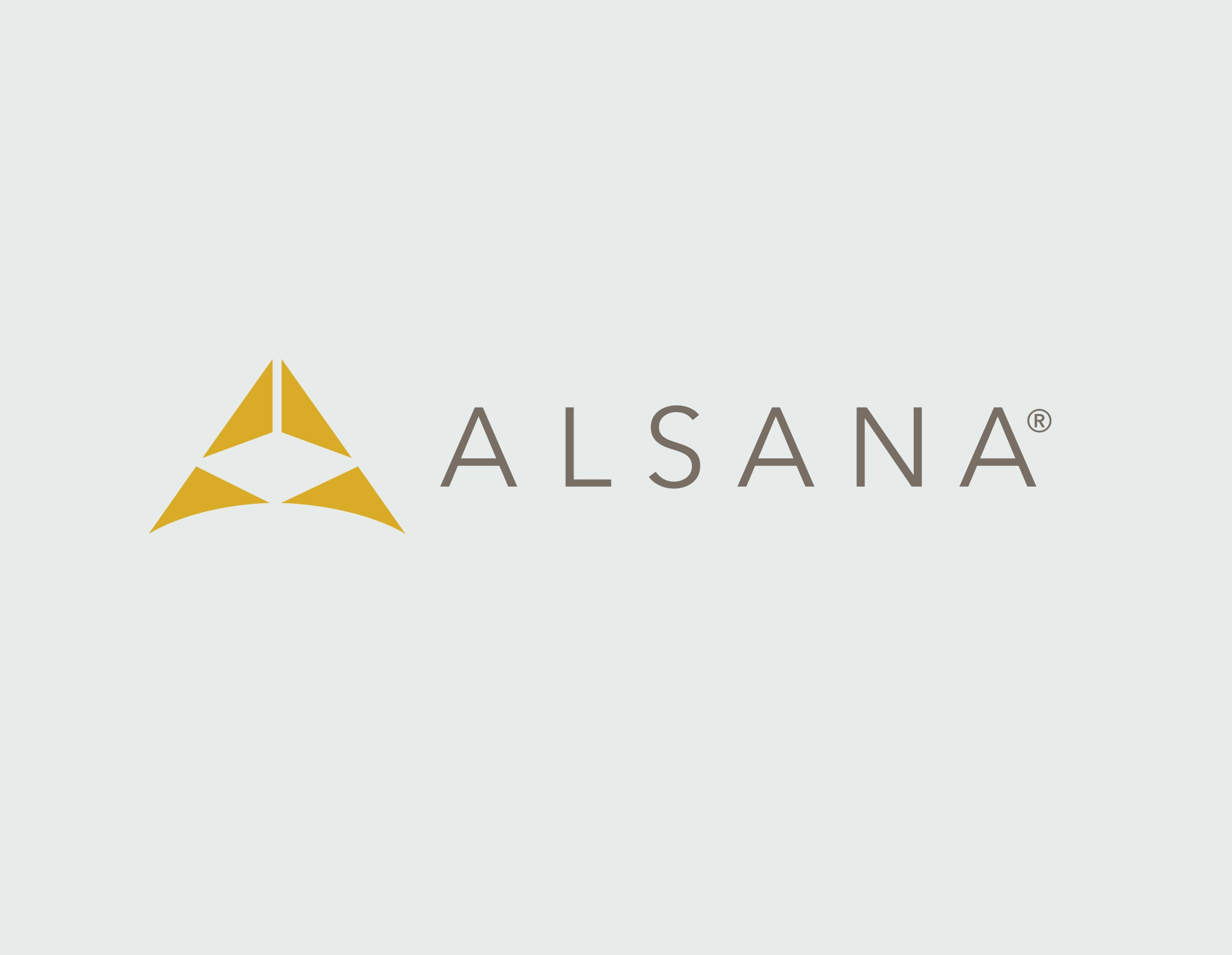ASSESSING VEGAN CLIENTS WITH EATING DISORDERS AND BUILDING A RECOVERY MEAL PLAN
Since 2018, food trend analysts list veganism as the fastest growing “health trend”. A recent survey of registered dietitians who specialize in eating disorders indicates that 98% are currently treating clients with eating disorders who are vegans. In spite of the growing number of vegans, with and without an eating disorder, the development of clinical assessment tools to help discern any overlap between the two has not progressed. In fact, some of the most common assessment tools used by dietitians can inadvertently skew the results. Add the fact that research in general on eating disorders and veganism is very limited at best, and primarily focused on the correlation with vegetarianism using vague, inconsistent definitions, our field has a lot of room to grow in both assessment and practice tools.
Restoring a healthy relationship with food and providing nutrition rehabilitation for both mind and body are common goals for any client with an eating disorder. Navigating this relationship while discovering the motivational roots that control food choices is more difficult when an entire food group may be removed as part of the lifestyle itself. The keys to working with this unique challenge include understanding when the motivation began, clarifying the purpose(s) behind the choice, and adjusting assessment questions to remove unintentional slants
Accurately Assessing Vegan Clients
Traditional nutrition assessments that ask clients to rate foods as safe or unsafe tend to skew the number of unsafe foods higher for vegan clients when their choice to remove a food group is motivated by ethical or environmental values. A higher number of “unsafe” foods may not reflect greater disordered eating if solely based on ethical/environmental reasons. However, this is where the lines can get fuzzy. The foods listed as unsafe can have fears rooted in vegan beliefs simultaneously with fears rooted in disordered eating beliefs. Important differentiations can be assessed by the treatment team through questions about when the eating disorder behaviors/beliefs began and when the vegan practices began. Another example: Assessing eating patterns when no eating disorder behaviors were present compared to eating patterns now, when eating disorder behaviors exist alongside vegan eating habits. Repeating the safe and unsafe food assessment on a regular basis throughout treatment can also reveal shifts in motivations and fears around non-vegan foods that can reflect progressive stages of healing. If healing is occurring around non-vegan food fears, the treatment team can assess whether the vegan food beliefs continue to stand alone and on which motivational reason.
Alsana’s Tammy Beasley collaborated with Melainie Rogers, MS, RD, CEDRD of BALANCE eating disorder treatment center in New York City to create assessment questions for vegan clients with eating disorders. One of the questions within this assessment tool asks the client to rate four reasons supporting the decision to become vegan using percentages. Throughout treatment, the client and treatment team work together to note any shifts in the personal motivations around the choice of a vegan lifestyle.
We believe it’s important for clients to retake the assessment throughout treatment. At the beginning of treatment, clients may respond to the assessment through the lens of the eating disorder, or reply based on how they think they “should” respond. But as the brain and body become more nourished, and therapeutic interventions have an opportunity to do their healing work, their response to assessment questions may change.
Assessment Questions for Vegan Clients
If you’re treating vegan clients with eating disorders in an outpatient setting, we recommend evaluating the way your assessments may inadvertently limit the process of discovery. Here are a few questions from our eating disorder assessment that you can adapt to use with vegan clients in an outpatient setting:
- On a scale of 0-100%, how much does each of the following reasons support your decision to practice veganism?
- Health _____%
- Weight _____%
- Environment _____%
- Ethics _____%
- Aside from avoiding animal-based food, what other lifestyle changes have you made to accommodate veganism?
- Are you willing to increase the portions of your vegan meal plan to support the nutritional rehabilitation of your body and mind, as needed?
- Are you willing to increase the variety of fuel choices in your vegan meal plan to support the nutritional rehabilitation of your body and mind, as needed?
We believe these questions empower clients to begin discovering where the eating disorder beliefs overlap with their vegan beliefs. As clients retake these assessment questions over the course of treatment and participate in the therapeutic process built on trust in their treatment team, the behaviors that are either separate or enmeshed become more apparent. If you have a client that may need a higher level of care while remaining vegan, please fill out this form to get support from our team.
Building a Vegan Eating Disorder Recovery Meal Plan
Developing a recovery meal plan that follows vegan principles requires special attention to the essential nutrients that can be impacted the most. These critical nutrients, which include protein, iron, calcium, zinc, vitamin B12, riboflavin, and omega-3 fatty acids, need to be provided daily through a consistent variety of food choices to fully restore health and sustain recovery. These nutrients cannot be consumed without a wide variety of choices from foods that provide all of the macronutrients and micronutrients. The client’s willingness and ability to consume the quantity and quality of food from this wide range of choices, within Alsana’s commitment to the balance of nourishment and pleasure on both a physical and emotional level, can identify barriers that the eating disorder has created. As barriers are identified, individual challenges are provided so that our clients can practice new behaviors and thought processes to support recovery within a safe environment of therapeutic support.
Adapting Food-Related Challenges to Each Client’s Story
Research strongly suggests that the more variety a client consumes throughout treatment reduces the risk of relapse. Eating a variety of foods is an important challenge for all clients, and vegans are not left out. Our chefs prepare fresh meals for all of our clients at our residential programs, and our “Taste of Alsana” menus incorporate a wide variety of fresh foods creatively prepared from scratch with very limited use of pre-made convenience products, whether cooking for an omnivore, vegetarian, or vegan. Common fear foods, based on an ingredient such as nut butter or preparation such as pizza or dessert, are part of every client’s food-related challenges, adapted to each client’s story and recovery journey. Exposing vegan clients to the same commonly “unsafe” foods provides more opportunities to discern the overlap between eating disorder and veganism, and prepares the client for life back in the real world.
Our Commitment to Serving Vegan Clients
Alsana is excited to open our doors to vegan clients with eating disorders. Our commitment to these clients is and will always remain their recovery first. Our priority is healing from the eating disorder and discovering if that journey overlaps with motivations for veganism or stands alone.
For a client to participate in our vegan program, they must be consistently practicing veganism prior to admission, as a client cannot decide to be vegan while in treatment at Alsana. The same is true for our vegetarian program. Each meal plan—omnivore, vegetarian, and vegan—is honored and supported individually.
We believe one of the most supportive things we can do for our vegan clients is to prepare them for social situations where there is not a vegan food option. For some clients, it may be appropriate to challenge them to occasionally eat vegetarian food options to prepare for these situations when a choice between restriction or recovery must be made. For other clients, those who are ethical vegans and the eating disorder has its own roots and motivations, we help them prepare for these social situations by providing opportunities to plan ahead and bring an appropriate amount of nourishment, in both quantity and variety, with them.
We’d Love to Hear From You
If you have questions about our vegan program or how we help clients with eating disorders, call us at (855) 915-0213. We can’t wait to speak with you soon!

JOIN OUR ONLINE SUPPORT GROUP
Weekly meetings
Fridays at noon / PST

WE ARE HERE TO HELP
Alsana would like to be your eating recovery community
ually.
Our Recommended Articles
Start the road to recovery with Alsana.







